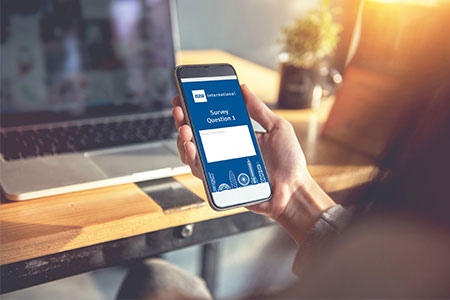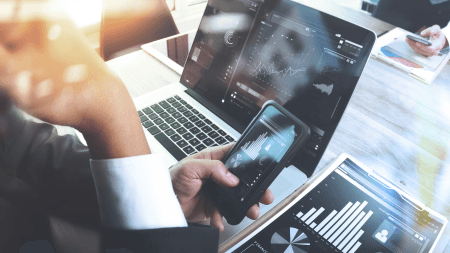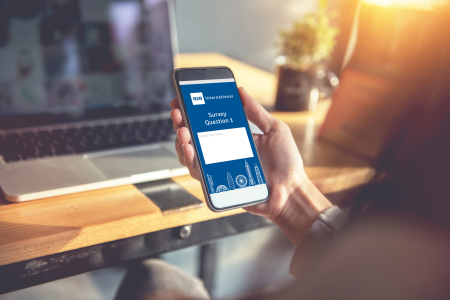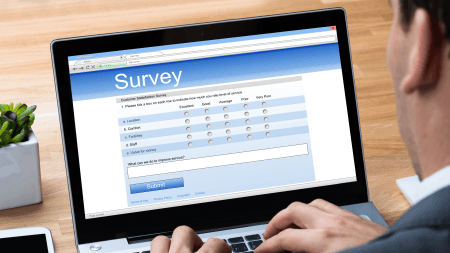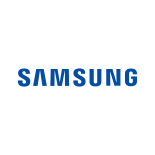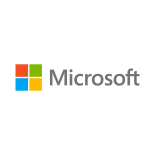The ability to conduct an online survey via smartphone is a significant convenience for survey takers. Respondents are already accessing and interacting with emails directly on their smartphones in many ways – downloading and reading attached files, watching videos, clicking links, and reading and replying to messages.
Therefore, it should come as no surprise that a respondent would expect survey invitations to work the same way. Unfortunately, some online surveys are not optimized correctly for the mobile world, thus leading to a frustrating user experience.

